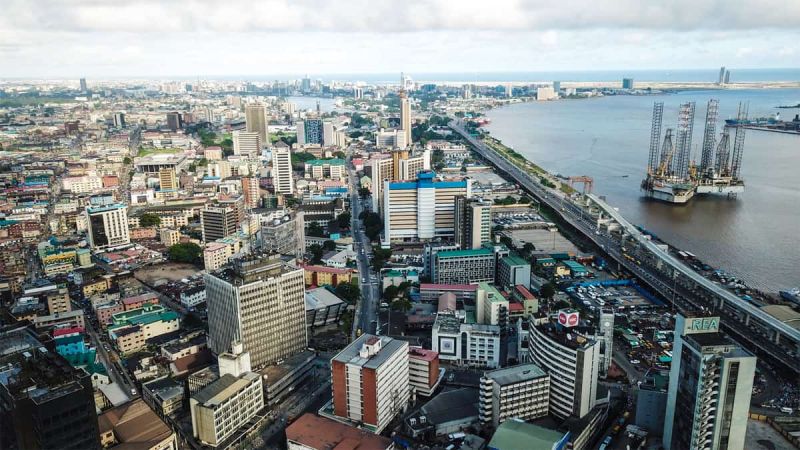The Nigerian manufacturing sector is currently grappling with significant challenges, as evidenced by its declining growth rate and contribution to the overall GDP. The latest data from the National Bureau of Statistics (NBS) highlights a slowdown in the sector’s growth, with the second quarter of 2024 (Q2’24) showing a reduced growth rate of 1.28% compared to 2.2% in the same period the previous year (Q2’23) and 1.5% in the first quarter of 2024 (Q1’24). This decline is mirrored in the sector’s contribution to the GDP, which fell to 8.46% in Q2’24 from 8.62% in Q2’23 and 9.98% in Q1’24.
The Director General of the Manufacturers Association of Nigeria (MAN), Segun Ajayi-Kadir, attributes the sector’s struggles to a range of issues including rising interest rates, the cost and scarcity of foreign exchange, uncertain tax policies, and political instability. He also highlights the significant increase in electricity tariffs, which has surged more than threefold to N225 per kilowatt. Since electricity constitutes a substantial portion of manufacturing costs—ranging from 28% to 40%—this hike has severely impacted manufacturers’ operational costs.
Furthermore, inflation has diminished the disposable income of Nigerians, leading to reduced consumer spending. This has forced manufacturers to invest in additional warehouse space to manage unsold inventory, exacerbating their financial strain.
Industry stakeholders are concerned about the implications of these challenges for Nigeria’s industrialization goals and are calling for urgent reforms to address the sector’s structural issues. Gabriel Idahosa, President of the Lagos Chamber of Commerce and Industry (LCCI), suggests that accelerating the adoption of compressed natural gas (CNG) for transportation could provide some relief. By reducing transportation costs, which are a significant component of the supply chain, CNG could help alleviate some of the financial pressures on manufacturers.
In summary, the Nigerian manufacturing sector is facing a period of contraction amid broader economic challenges. Addressing these issues through targeted reforms and strategic initiatives could be crucial in revitalizing the sector and supporting Nigeria’s industrialization efforts.
